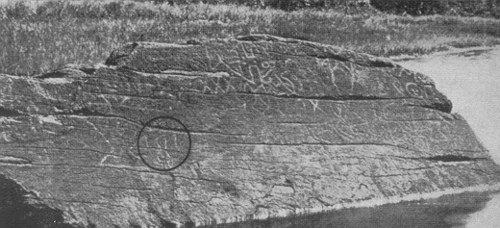In 1996, a pipe broke in an apartment building in the Siberian town of Novokuznetsk. The plumber traced the leak to the flat of Sasha Spesivtsev, who lived with his mother and a dog. He knocked, but no one answered, so he broke open the door.
The flat was an abattoir. The walls were covered with blood, and bowls in the kitchen contained pieces of human bodies. In the bathtub was a mutilated, headless body, and in the living room were a human rib cage and a 15-year-old girl, mutilated but still alive. She survived for 17 hours, long enough to tell police what had happened.
Spesivtsev’s mother had lured three girls into the apartment, where he raped and beat them, killed one and forced the other two to cut her to pieces, which the mother then cooked for dinner. The dog killed the second girl.
Spesivtsev was captured trying to rape a woman in another apartment, and he was eventually put to death. His diary records the murders of 19 girls; the Russian authorities suspected him of 12 more but ran out of money to investigate.




